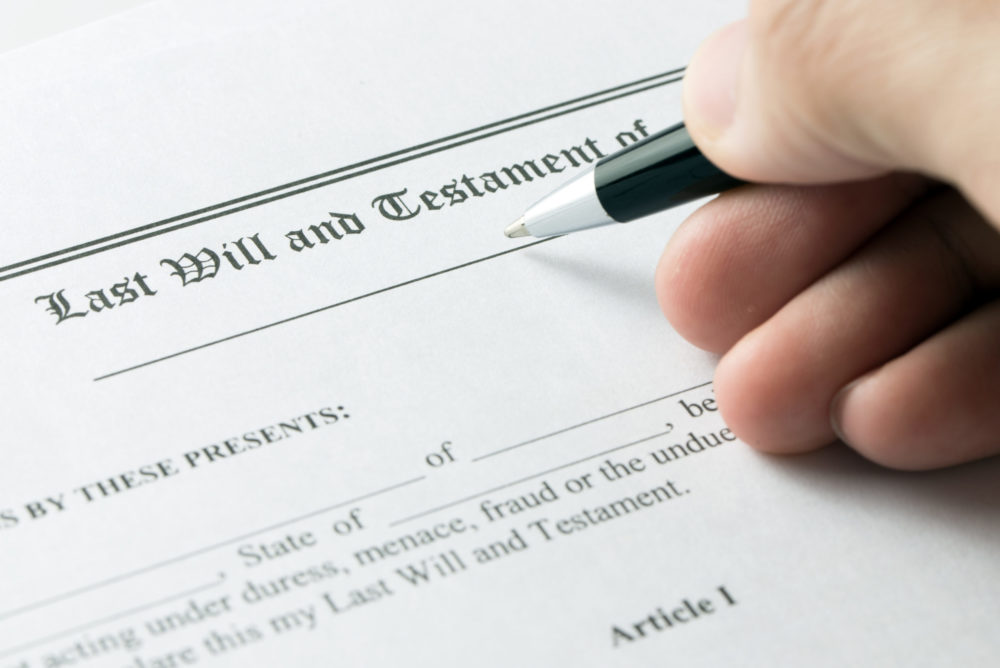Your loved one may have exercised their complete control over their will document and hand-picked a trusted individual to serve as their executor. However, due to circumstances beyond their reasonable control, this individual may no longer be capable of fulfilling this duty. This may be if they are deemed no longer trustworthy, their mental capacity deteriorates, or otherwise. In any event, if you are a beneficiary sitting with this unknown fate, please continue reading to learn who chooses the new executor of a will and how an experienced Putnam County wills attorney at the Law Offices of Andres D. Gil, PLLC, can help you navigate this rather uncertain time.
Who ultimately chooses the new executor of a will?
Well, for one, if your loved one was meticulous when drafting their will document, they may have named a successor executor. This may allow for a seamless transition should their primary executor no longer be fit to take on this duty. However, without a listed successor executor, the New York Surrogate’s Court chooses who this might be.
The court follows a specific order of priority when selecting a new executor. Usually, they will first name the sole beneficiary, residuary beneficiary, or another interested party in your loved one’s estate. They may even carefully consider an individual who volunteers themselves for this role, or an individual whom all the beneficiaries unanimously agree on.
But ultimately, even with beneficiaries filing a strong petition and presenting a solid case, the court gets the final say. They may not find someone with a tie to your loved one and an interest in their estate who is suitable enough. If so, they may take measures to appoint a public administrator or even a county official.
What if there was no will document to begin with?
Unfortunately, your loved one may have unexpectedly passed without the opportunity to establish a legally valid and enforceable will document. And so, by dying intestate, they may not have named an executor in the first place.
Under these circumstances, the New York Surrogate’s Court may appoint an administrator to manage and distribute your loved one’s estate according to the state’s intestacy laws. Usually, the court chooses the surviving spouse, and if not a surviving child, grandchild, parent, sibling, or any other distant relative potentially interested in the estate.
With this, there is significant court oversight over an administrator’s actions, likely more than what is done for an executor. And so, hopefully, this may minimize the need to petition for removal based on negligence or misconduct, like you would for a poor-performing executor.
Do not let your legal initiatives stop after reading this blog. The next action you should take is calling us at the Law Offices of Andres D. Gil, PLLC, and retaining the services of a skilled estate planning attorney in Putnam County. Rest assured, we will take the reins from here on out.
 ?>
?>


